MIT researchers teach AI to spot depression
Researchers used machine learning to build a neural network to recognise the signs of depression in speech and text


Researchers at MIT have created a neural network that can be used to spot the signs of depression in human speech.
In a paper being presented at the Interspeech Conference, the researchers detail a neural-network model that can be unleashed on raw text and audio data from interviews to discover speech patterns indicative of depression.
"The first hints we have that a person is happy, excited, sad, or has some serious cognitive condition, such as depression, is through their speech," says first author Tuka Alhanai, a researcher in the Computer Science and Artificial Intelligence Laboratory.
It is so advanced, the researchers say that given a new subject, it can accurately predict if the individual is depressed, without needing any other information about the questions and answers.
"If you want to deploy depression-detection models in a scalable way, you want to minimize the number of constraints you have on the data you're using. You want to deploy it in any regular conversation and have the model pick up, from the natural interaction, the state of the individual," said Alhanai.
It is hoped this method has the potential to be developed as a tool to detect the signs of depression in natural conversation, such as a mobile app that monitors a user's text and voice for mental distress and send alerts.
The researchers' model was trained and tested on a dataset of 142 interactions from audio, text, and video interviews of patients with mental-health issues and virtual agents controlled by humans.
Get the ITPro daily newsletter
Sign up today and you will receive a free copy of our Future Focus 2025 report - the leading guidance on AI, cybersecurity and other IT challenges as per 700+ senior executives
Each subject was scored in terms of depression on a scale between 0 to 27, using a personal health questionnaire. Scores between 10 to 14 were considered moderate and those between 15 to 19 were considered depressed, while all others below that threshold were considered not depressed. Out of all the subjects in the dataset, 20% were labelled as depressed.
A key insight from the research was that during experiments, the model needed much more data to predict depression from audio than it did text. With text, the model accurately detects depression using an average of seven question-answer sequences. Whereas with audio, the model needed around 30 sequences.
"That implies that the patterns in words people use that are predictive of depression happen in shorter time span in text than in audio," Alhanai added.
Bobby Hellard is ITPro's Reviews Editor and has worked on CloudPro and ChannelPro since 2018. In his time at ITPro, Bobby has covered stories for all the major technology companies, such as Apple, Microsoft, Amazon and Facebook, and regularly attends industry-leading events such as AWS Re:Invent and Google Cloud Next.
Bobby mainly covers hardware reviews, but you will also recognize him as the face of many of our video reviews of laptops and smartphones.
-
 Should AI PCs be part of your next hardware refresh?
Should AI PCs be part of your next hardware refresh?AI PCs are fast becoming a business staple and a surefire way to future-proof your business
By Bobby Hellard
-
 Westcon-Comstor and Vectra AI launch brace of new channel initiatives
Westcon-Comstor and Vectra AI launch brace of new channel initiativesNews Westcon-Comstor and Vectra AI have announced the launch of two new channel growth initiatives focused on the managed security service provider (MSSP) space and AWS Marketplace.
By Daniel Todd
-
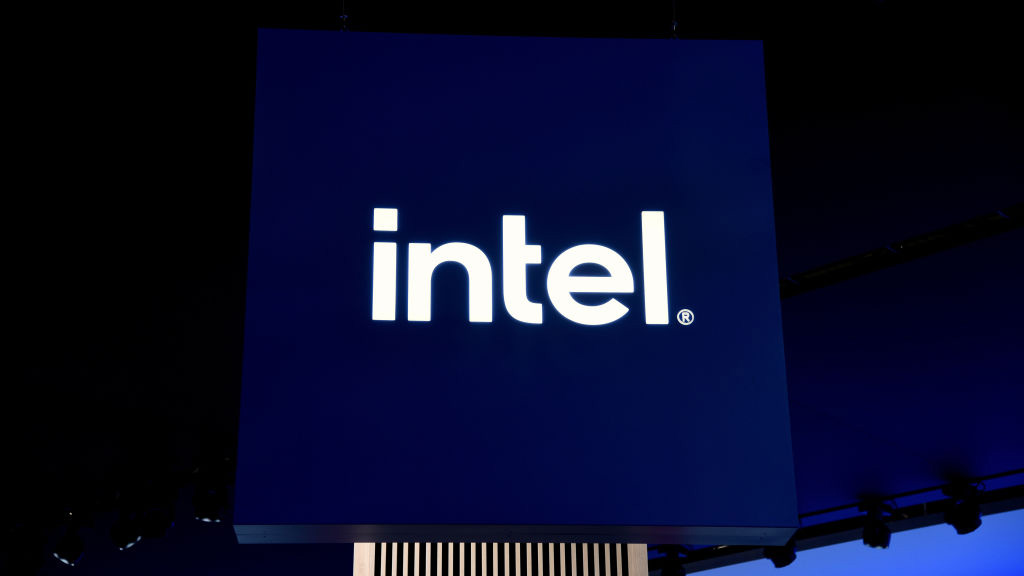 Intel targets AI hardware dominance by 2025
Intel targets AI hardware dominance by 2025News The chip giant's diverse range of CPUs, GPUs, and AI accelerators complement its commitment to an open AI ecosystem
By Rory Bathgate
-
 Calls for AI models to be stored on Bitcoin gain traction
Calls for AI models to be stored on Bitcoin gain tractionNews AI model leakers are making moves to keep Meta's powerful large language model free, forever
By Rory Bathgate
-
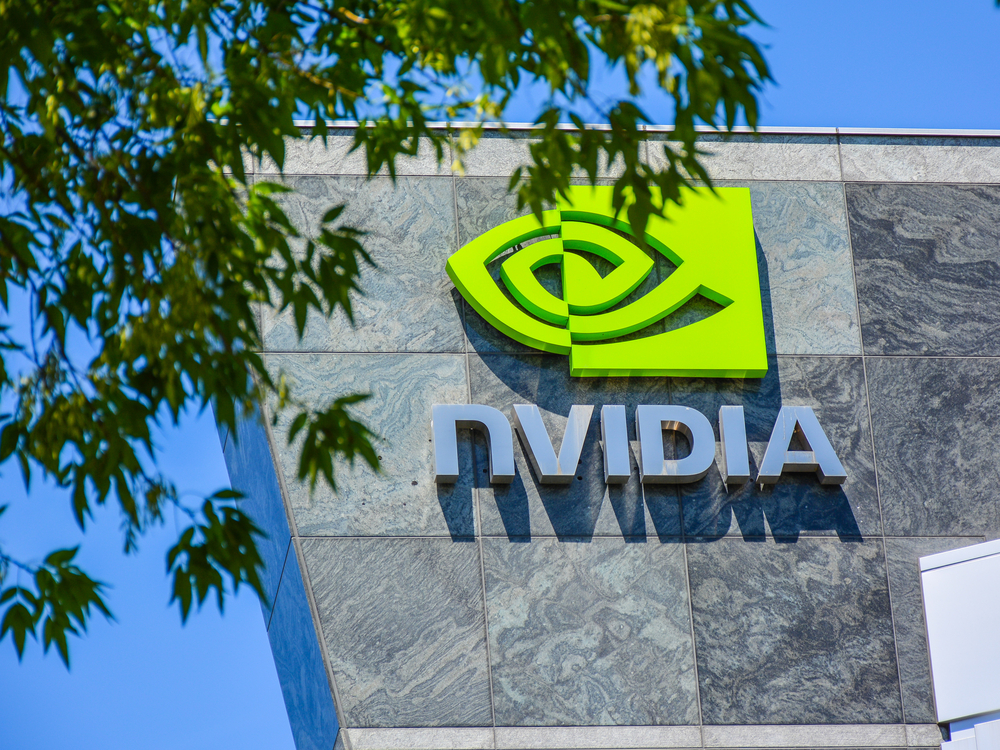 Why is big tech racing to partner with Nvidia for AI?
Why is big tech racing to partner with Nvidia for AI?Analysis The firm has cemented a place for itself in the AI economy with a wide range of partner announcements including Adobe and AWS
By Rory Bathgate
-
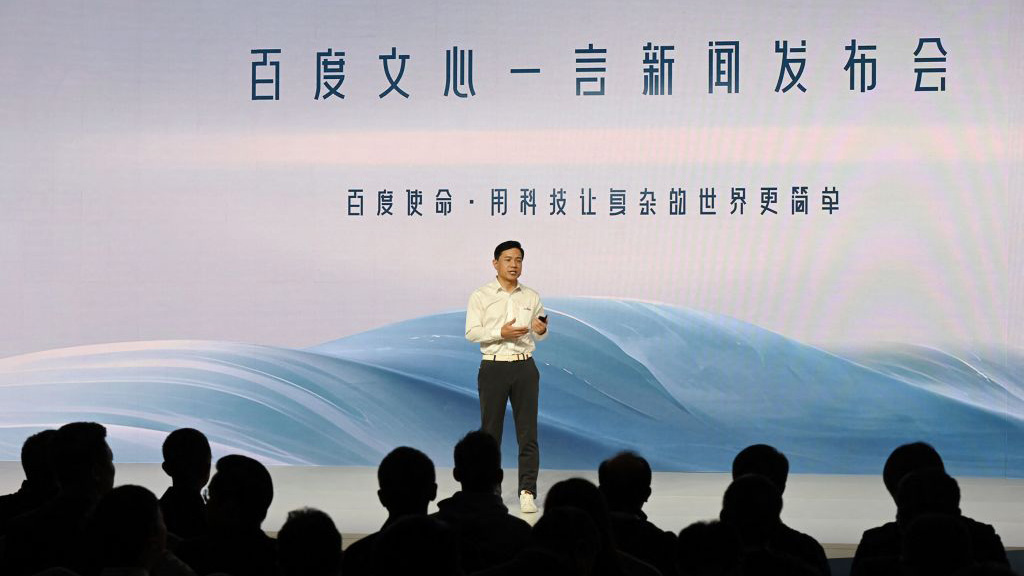 Baidu unveils 'Ernie' AI, but can it compete with Western AI rivals?
Baidu unveils 'Ernie' AI, but can it compete with Western AI rivals?News Technical shortcomings failed to persuade investors, but the company's local dominance could carry it through the AI race
By Rory Bathgate
-
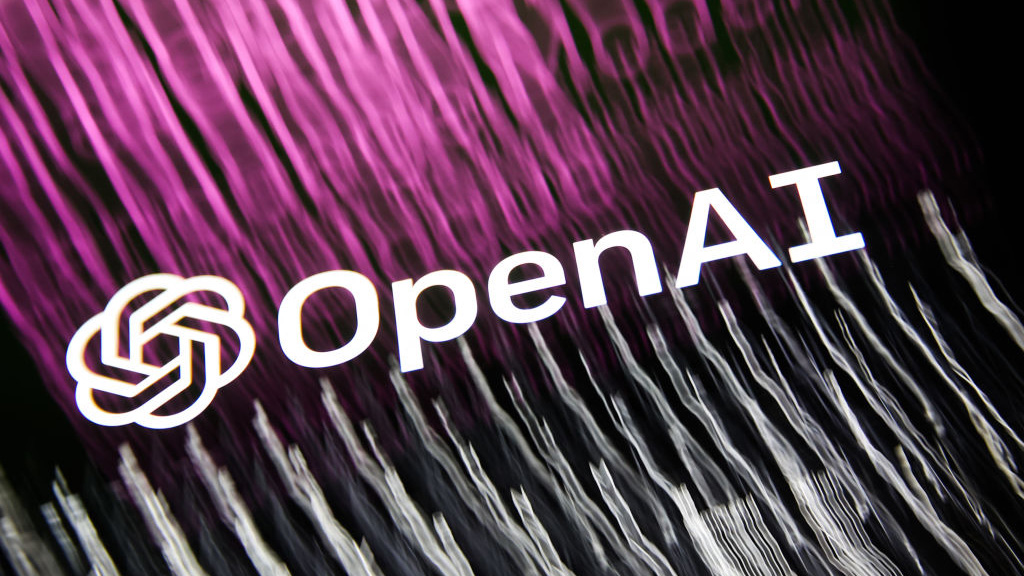 OpenAI announces multimodal GPT-4 promising “human-level performance”
OpenAI announces multimodal GPT-4 promising “human-level performance”News GPT-4 can process 24 languages better than competing LLMs can English, including GPT-3.5
By Rory Bathgate
-
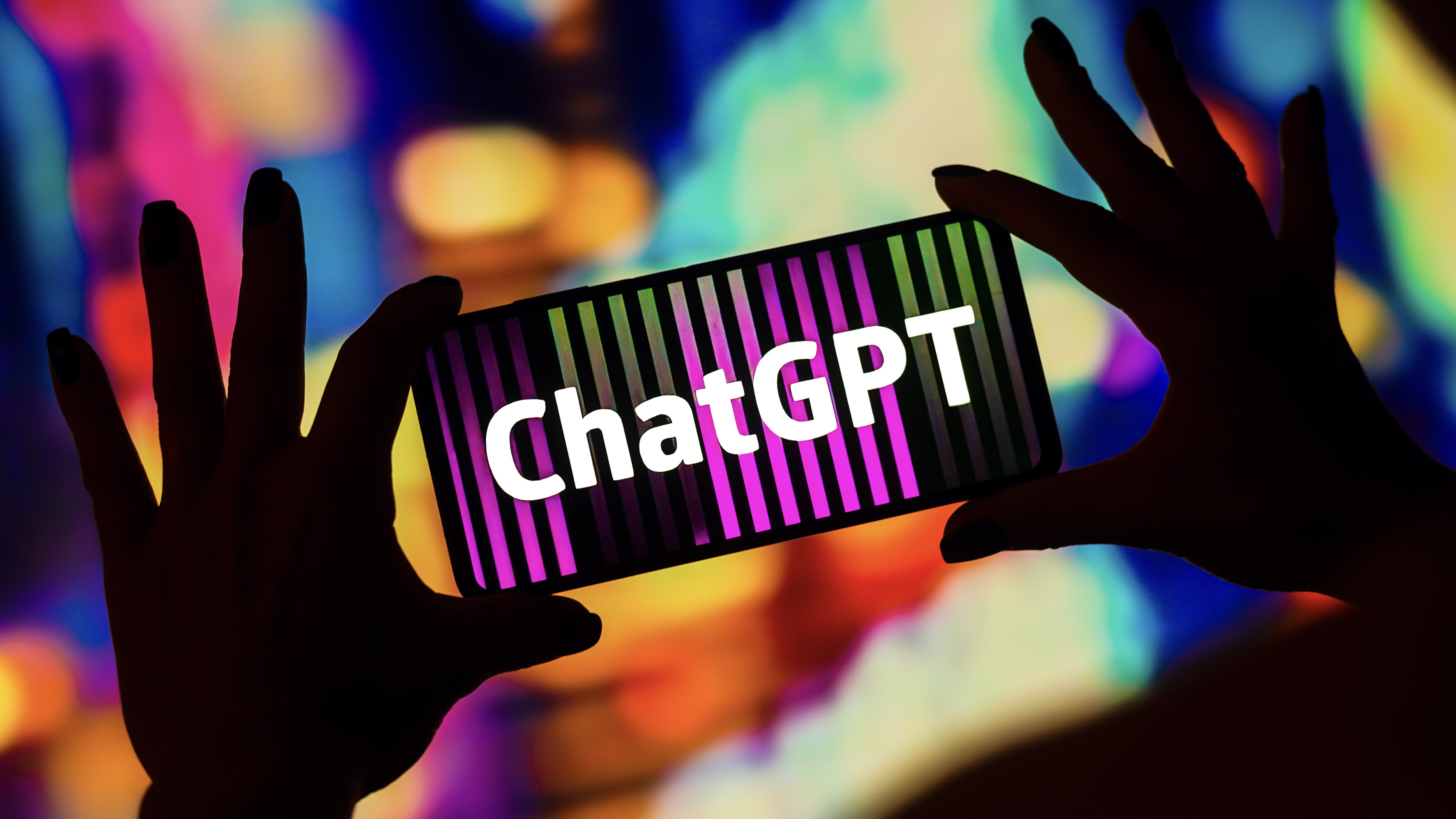 ChatGPT vs chatbots: What’s the difference?
ChatGPT vs chatbots: What’s the difference?In-depth With ChatGPT making waves, businesses might question whether the technology is more sophisticated than existing chatbots and what difference it'll make to customer experience
By John Loeppky
-
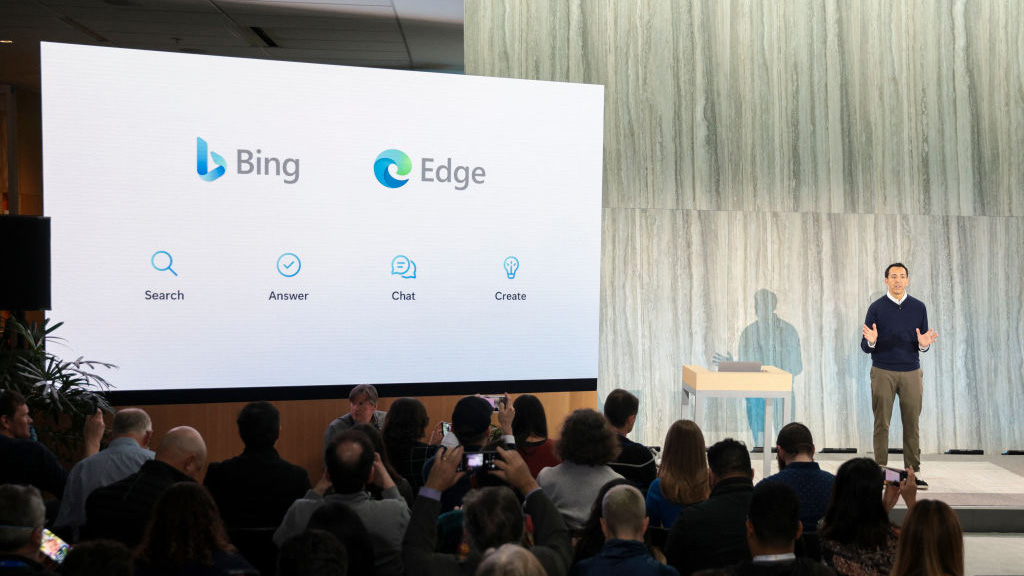 Bing exceeds 100m daily users in AI-driven surge
Bing exceeds 100m daily users in AI-driven surgeNews A third of daily users are new to the past month, with Bing Chat interactions driving large chunks of traffic for Microsoft's long-overlooked search engine
By Rory Bathgate
-
 OpenAI launches ChatGPT API for businesses at competitive price
OpenAI launches ChatGPT API for businesses at competitive priceNews Developers can now implement the popular AI model within their apps using a few lines of code
By Rory Bathgate